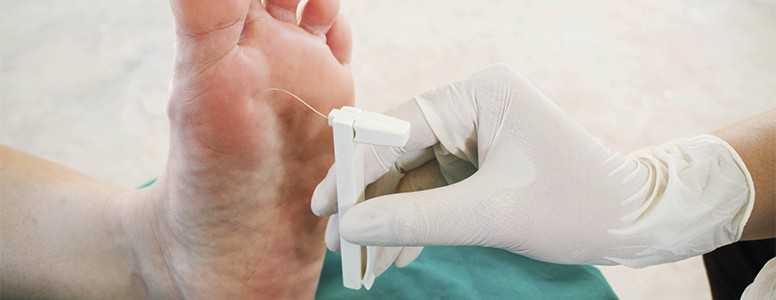A study shows that eating higher amounts of omega-3 may be putting women at risk of type 2 diabetes. However, the way the study has been run means that the results should be interpreted with caution.
The Mirror has taken an inaccurate interpretation by stating: “Eating fish such as salmon, mackerel and sardines can heighten chances of developing the condition, a study has found”.
The study did not specifically analyse fish intake so the Mirror’s reporting is purely speculative.
The omega-3 findings come from a study presented at this year’s European Association for the Study of Diabetes (EASD) meeting which is taking place in Munich. The research has been run by Dr Guy Fagherazzi and Courtney Dow from the INSERM Centre for Research in Epidemiology and Population Health (CESP) and University Paris-Saclay in France.
The study was based on a diet questionnaire taken by 71,334 women in 1993. The women did not have diabetes at the start of the study and were monitored until 2011 for incidence of type 2 diabetes.
The standout finding was that women with the highest consumption of omega-3, those having 1.6g or more per day, had a 26 per cent increased risk of developing type 2 diabetes compared with those having less than 1.3g per day.
Closer examination showed that docosapentaenoic acid, which can take the form of omega-3 or omega-6 fatty acids, showed increased risk of type 2 diabetes in both overweight and non-overweight women.
The greatest dietary source of docosapentaenoic acid was meat, which accounted for 31.3 per cent of the intake whereas fish and seafood accounted for 22.6 per cent.
Dietary questionnaire studies are always difficult to interpret as they can only show associations and cannot show causality. However, the benefit of these studies is that they can ask new questions. In this case, the study results may inspire new studies to be run which could look at the potential for causality in more detail.
What's new on the forum? ⭐️
Get our free newsletters
Stay up to date with the latest news, research and breakthroughs.






